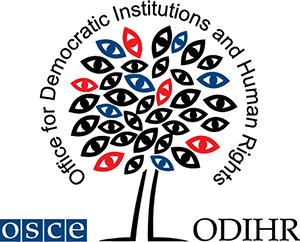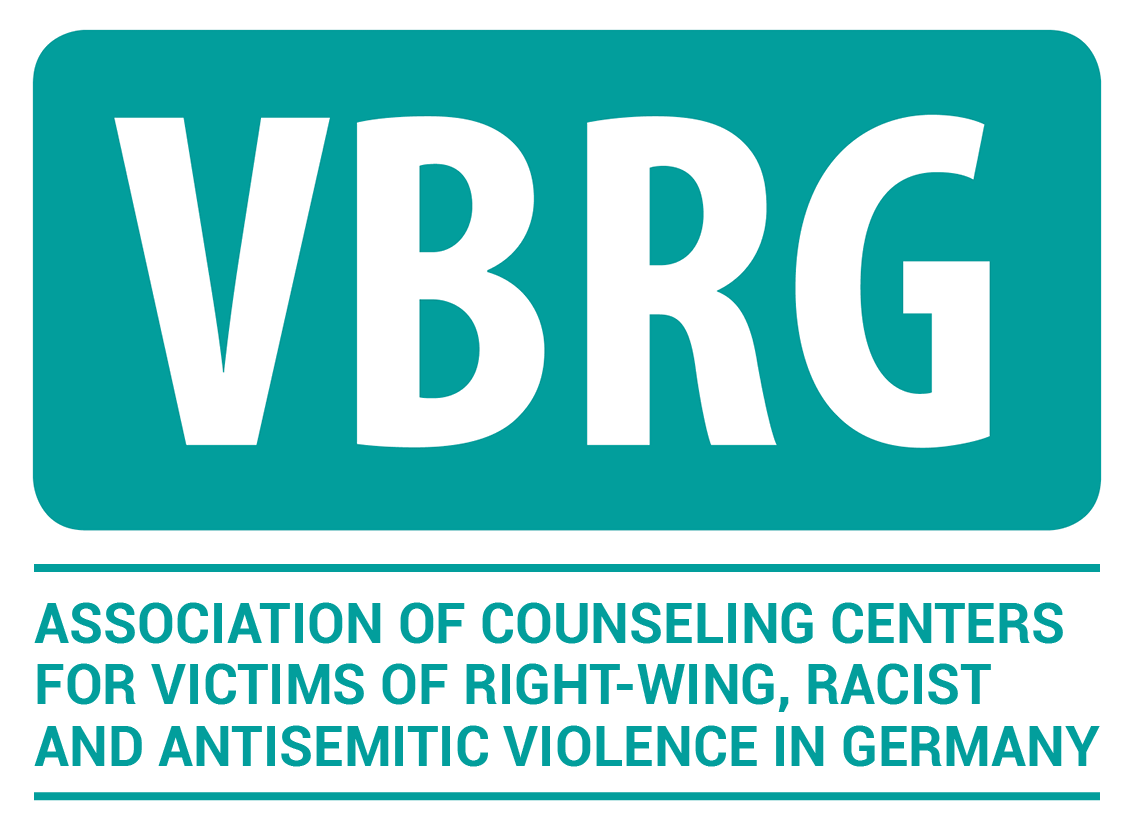The Organization for Security and Co-operation in Europe (OSCE) participating States have committed themselves to take actions at improving hate crime victims support. In particular, they have agreed to protect hate crime victims, encourage reporting, provide hate crime victims with effective access to justice and assistance, support organizations assisting victims, and build the law enforcement capacity to properly investigate, prosecute such crimes.1 Participating States that are also European Union (EU) Member States have additionally committed to EU standards on protecting victims’ rights, in particular, the responsibility of states to ensure that victims of hate crime are protected, enjoy full access to justice and can receive the support they need.2
The OSCE Office for Democratic Institutions and Human Rights (ODIHR)3 has been mandated to “strengthen […] its assistance programmes, in order to assist participating States upon their request in implementing their commitments.”4 To this end, ODIHR together with the Association of Counselling Centres for Victims of Right-wing, Racist and Antisemitic Violence in Germany (VBRG) implement the Enhancing Stakeholder Awareness and Resources for Hate Crime Victim Support (EStAR) project.
Through its victim-centred approach, the EStAR project aims to improve protection and support services for victims of hate crime across 41 OSCE participating States in Europe.5 The project consists of a partnership between OSCE Office for Democratic Institutions and Human Rights (ODIHR) and the Association of Counseling Centers for Victims of Right-wing, Racist and Antisemitic Violence in Germany (VBRG).
The main objective of the EStAR project is to raise awareness of EU/OSCE standards and good practice in hate crime victim support and encourage improvements through development of guidance, resources and training materials for criminal justice and victim support experts and practitioners.
For more information about the project, see: “EStAR: Enhancing Hate Crime Victim Support”, OSCE/ODIHR.
More information about the VBRG can be found here.
1OSCE Ministerial Council, Decision 9/09, “Combating Hate Crimes”, Athens, 2 December 2009, OSCE Ministerial Council, Decision 13/06, “Combating Intolerance and Discrimination and Promoting Mutual Respect and Understanding”, Brussels, 5 December 2006.
3As the OSCE’s human rights institution, the ODIHR provides support to the OSCE participating States and civil society to address, among other things, intolerance and foster a climate of peace. To this end, ODIHR has an extensive mandate in the area of hate crime. For more information, see: ODIHR’s Efforts to Counter Hate Crime (Warsaw: OSCE/ODIHR, 2016).
4OSCE Ministerial Council, Decision 13/06, “Combating Intolerance and Discrimination and Promoting Mutual Respect and Understanding”, Brussels, 5 December 2006.
5Albania, Armenia, Austria, Belgium, Bosnia and Herzegovina, Bulgaria, Croatia, Czech Republic, Denmark, Estonia, Finland, France, Georgia, Germany, Greece, Hungary, Iceland, Ireland, Italy, Latvia, Lithuania, Luxembourg, Malta, Moldova, Montenegro, the Netherlands, North Macedonia, Norway, Poland, Portugal, Cyprus, Romania, Serbia, Slovakia, Slovenia, Spain, Sweden, Switzerland, Turkey, Ukraine and the United Kingdom.
This tool was funded by the European Union’s Rights, Equality and Citizenship Programme (2014-2020).
The content of this tool represents the views of the author only and is his/her sole responsibility.
The European Commission does not accept any responsibility for use that may be made of the information it contains.
Project funded by
the European Union

Implemented by

